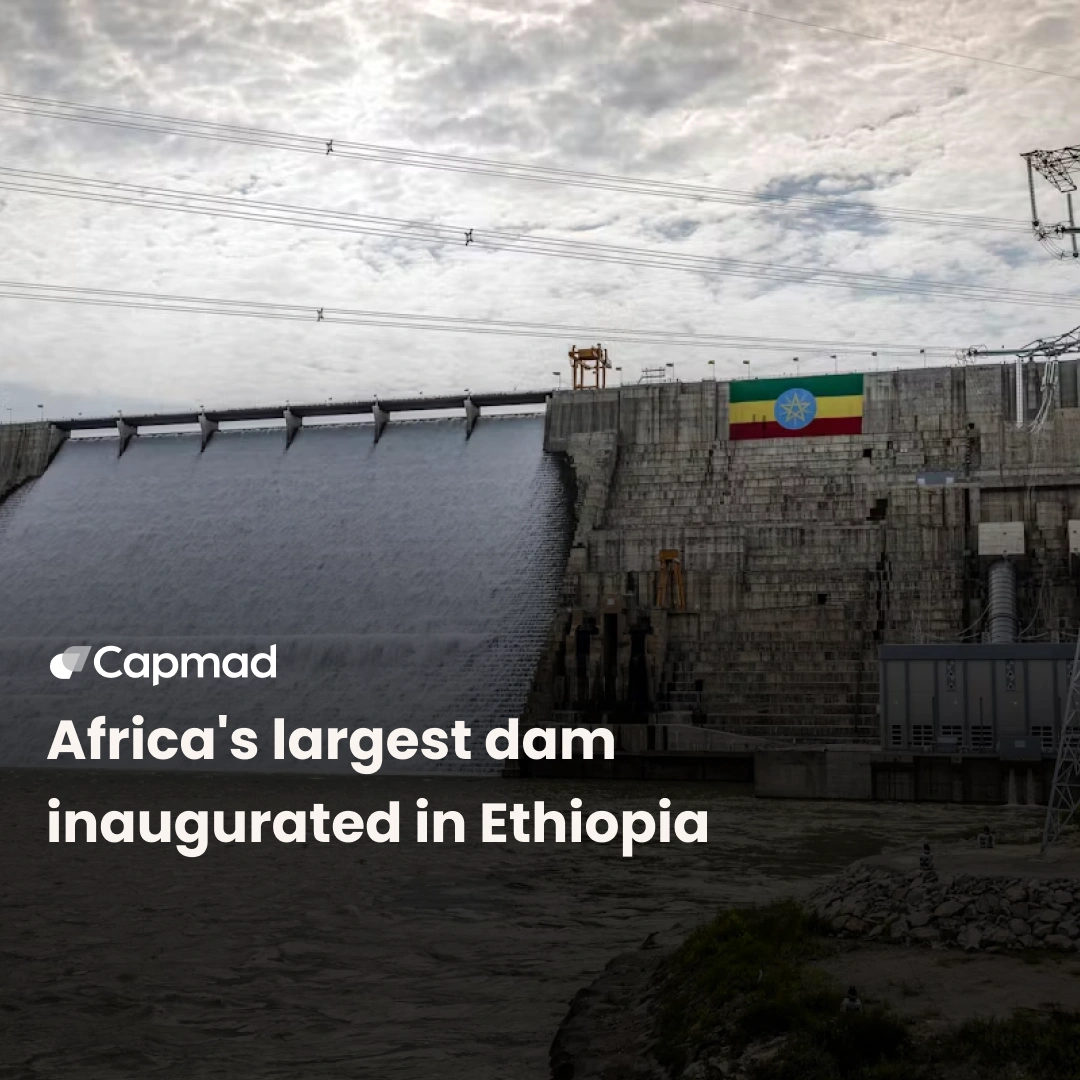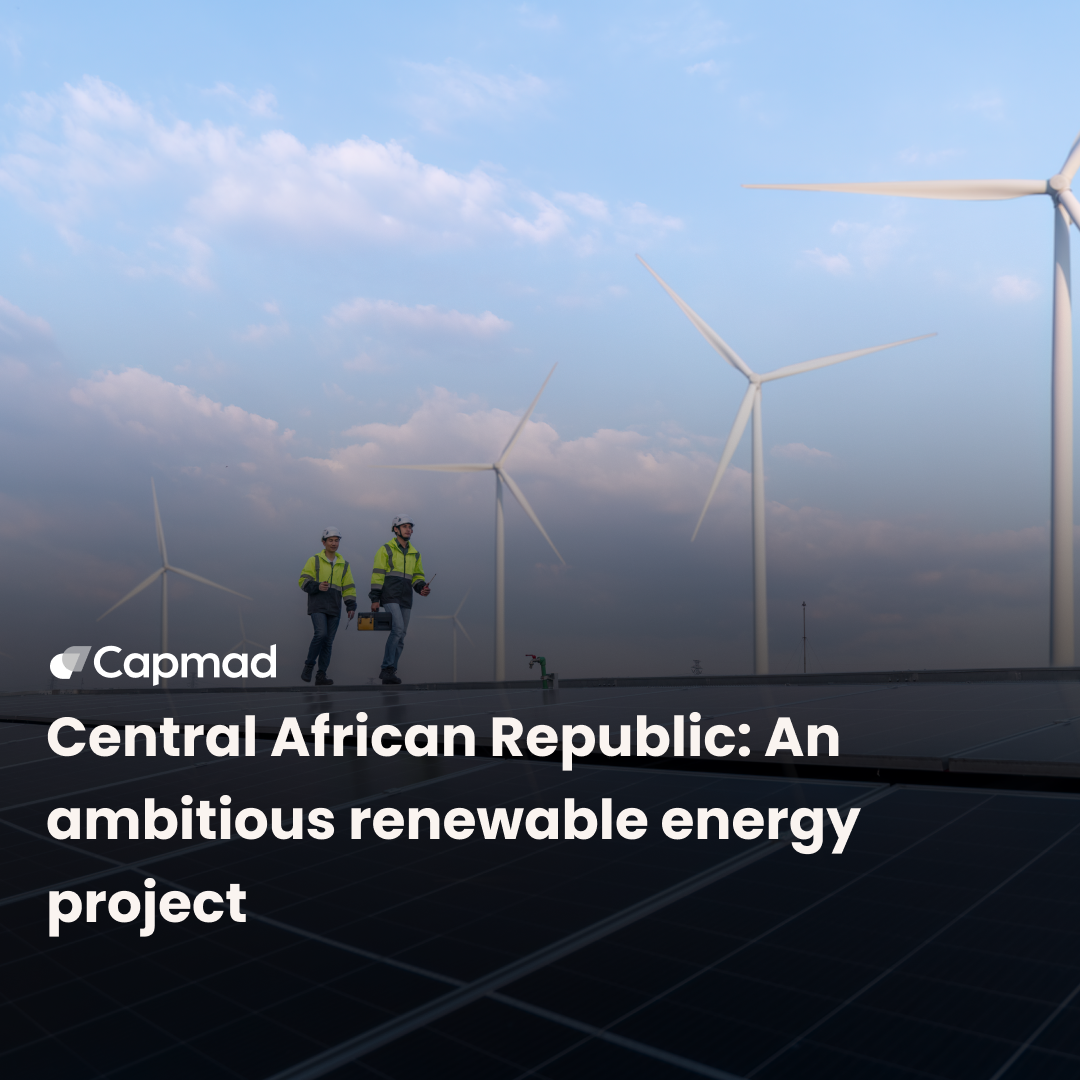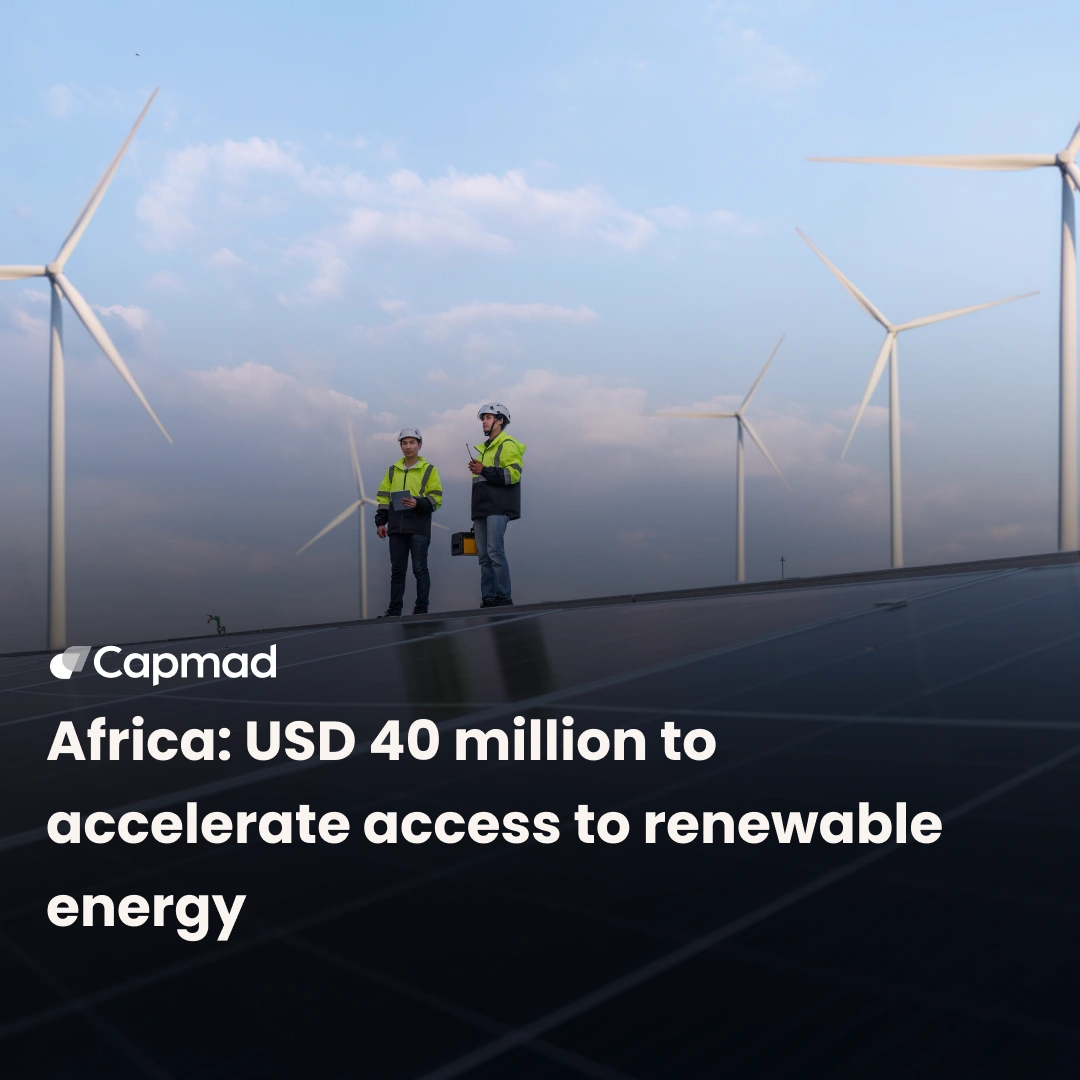Decentralized energy production, typically based on home solar systems and mini-grids, is the best way to eradicate energy poverty among the most isolated rural populations. By decentralizing electricity production, Africa can ensure a sustainable energy future and improve the lives of millions of people.
Energy poverty hampers economic development
A large part of the continent, primarily in sub-Saharan Africa, lacks reliable and affordable electricity. This energy poverty is a major obstacle to improving the quality of life for nearly 600 million people and achieving sustainable development goals across the continent.
Africa is the most energy-deficient continent in the world: 75 % of the population does not have access to electricity. And even if city dwellers are not completely spared from power cuts, energy poverty is much greater in rural areas.
At the macroeconomic level, energy poverty hampers economic development and limits access to basic services such as healthcare and education. Without electricity, essential equipment like refrigeration and medical devices are unusable. Businesses and industries lacking reliable electricity cannot operate efficiently, leading to economic stagnation and delayed job creation. Energy poverty exacerbates social inequalities, as people with access to electricity have better chances of accessing education, healthcare, and employment.
Decentralizing power
Africa is home to a goldmine of solar and wind potential. With its vast expanses of deserts and coastlines, Africa benefits from abundant sunshine and strong winds, making it an ideal place to harness solar and wind energy.
Many regions experience intense sunlight year-round, creating ideal conditions for large-scale solar power plants. At the same time, the continent also has long coastlines and elevated areas that experience strong and consistent winds, making them suitable for wind power generation.
Renewable energy poses challenges, such as the need for significant investments and infrastructure development. However, current technology is advancing so rapidly that the costs of renewable energy are becoming sustainable. This offers a unique opportunity to electrify Africa, both in urban and rural areas.
Decentralized electricity production : Viable solution
Decentralized electricity production involves generating electricity close to the point of consumption rather than relying on a centralized grid. This approach has several advantages.
Accessibility : Decentralized systems can be installed in remote areas where traditional grids cannot reach, bringing electricity to communities that desperately need it.
Flexibility : Decentralized solutions, such as solar panels, wind turbines, or biomass generators, can be tailored to the specific needs of each community, allowing for the customization of energy solutions based on available local resources.
Sustainability : Decentralized electricity production often uses renewable energy sources, helping to reduce carbon footprint and combat climate change. This is particularly important for Africa, which is one of the most vulnerable regions to the impacts of climate change.
Examples of decentralized solutions
Several initiatives in Africa demonstrate how decentralized electricity production can transform lives.
Home Solar Panels : Companies like M-KOPA Solar and others are developing home solar systems that allow families to access electricity for lighting, phone charging, and even using household appliances. These systems are often financed through pay-as-you-go models, making energy access more affordable.
Micro-Grids : Micro-grid projects, combining multiple sources of renewable energy, are underway in several African countries. These micro-grids can power entire villages, providing a sustainable and resilient solution to power outages.
Biomass and Biogas : In some regions, energy production from agricultural waste or organic residues is an effective solution. Biogas systems not only generate electricity but also provide cooking fuel, improving residents’ quality of life.
Challenges of decentralized production
While decentralized electricity production offers many opportunities, it is not without challenges.
Financing : The initial cost of energy installations can be a barrier for many communities. Innovative financing models, such as energy cooperatives or public-private partnerships, are needed to overcome these obstacles.
Training and Awareness : To ensure these systems operate efficiently, it is essential to train users in their operation and maintenance. Raising awareness about the importance of renewable energy and its impact on development is also crucial.
Integration into Public Policies : Governments must recognize the role of decentralized production in their electrification strategies. This requires political will and investments in the necessary infrastructure to support these initiatives.
Future of decentralized electrification in Africa
The future of rural electrification in Africa depends on integrating decentralized electricity production into national strategies. Governments, NGOs, and the private sector must collaborate to create an environment conducive to innovation and investment in renewable energy.
Moreover, technology continues to evolve, making decentralized solutions increasingly accessible and efficient. Advances in energy storage, for example, will help overcome the intermittency of renewable sources and ensure a reliable energy supply.
Conclusion
Electrifying rural Africa is a complex challenge, but decentralized electricity production offers a promising path to improving energy access. By leveraging local resources and adopting innovative solutions, it is possible to transform the lives of millions.
To make this a reality, it is essential to mobilize financing, train users, and integrate these solutions into public policies. Africa’s energy future could well depend on this decentralized, sustainable, and inclusive approach.








